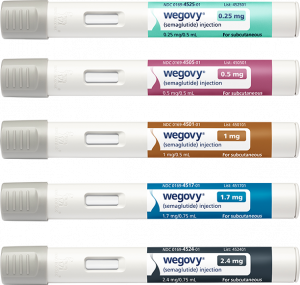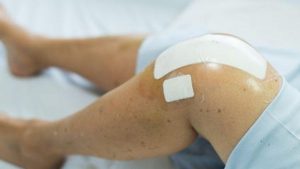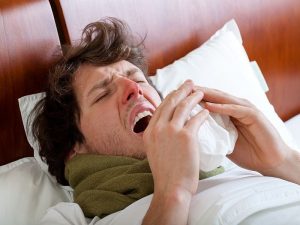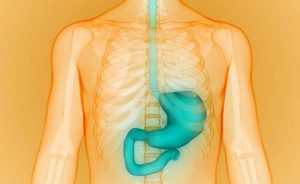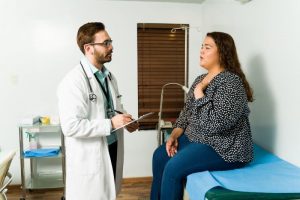
In yet another reminder of the psychic toll the pandemic has taken on young people, new research shows spending on mental health services for U.S. children and adolescents has risen sharply since 2020. It climbed 26% for youths aged 19 and younger between March 2020 and August 2022, the RAND Corp. study found. Among a large group whose families had employer-provided insurance, use of mental health services increased by 22%. Use of telehealth for young patients skyrocketed more than 30-fold in the early days of the pandemic and remained 23 times higher than normal by August 2022. In-person care stood at 75% of pre-pandemic levels by that time. “Our findings suggest that telehealth care for mental health filled a critical need for pediatric patients after the emergence of the COVID-19 pandemic and continues to support a substantial proportion of pediatric mental health care,” said lead author Mariah Kalmin, a policy researcher at RAND, a nonprofit research organization in Santa Monica, Calif. For the study, the researchers examined claims from health benefit manager Castlight Health. The study involved 1.9 million children and teens with commercial insurance from January 2019 through August 2022. Castlight manages insurance plans for about 200 employers in all 50 U.S. states. The researchers looked for common pediatric mental health diagnoses, including anxiety disorders, adjustment disorder, attention-deficit/hyperactivity disorder (ADHD), major depressive disorder and… read on > read on >






















